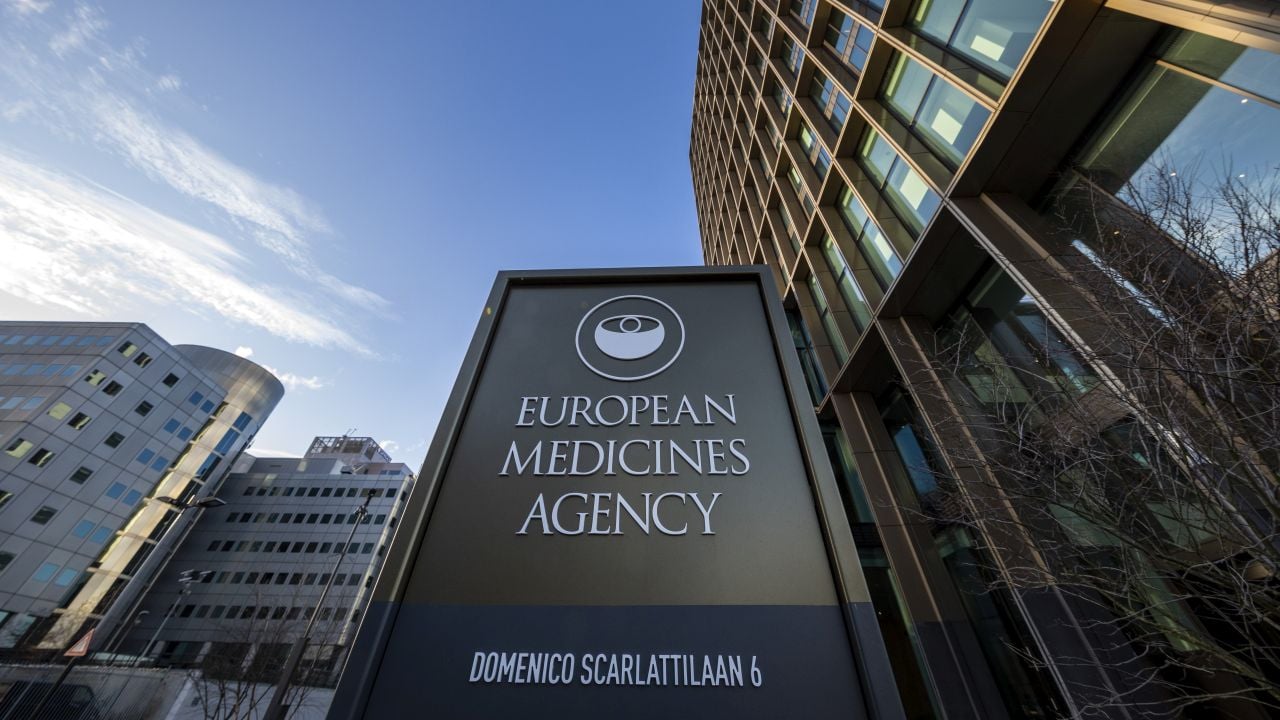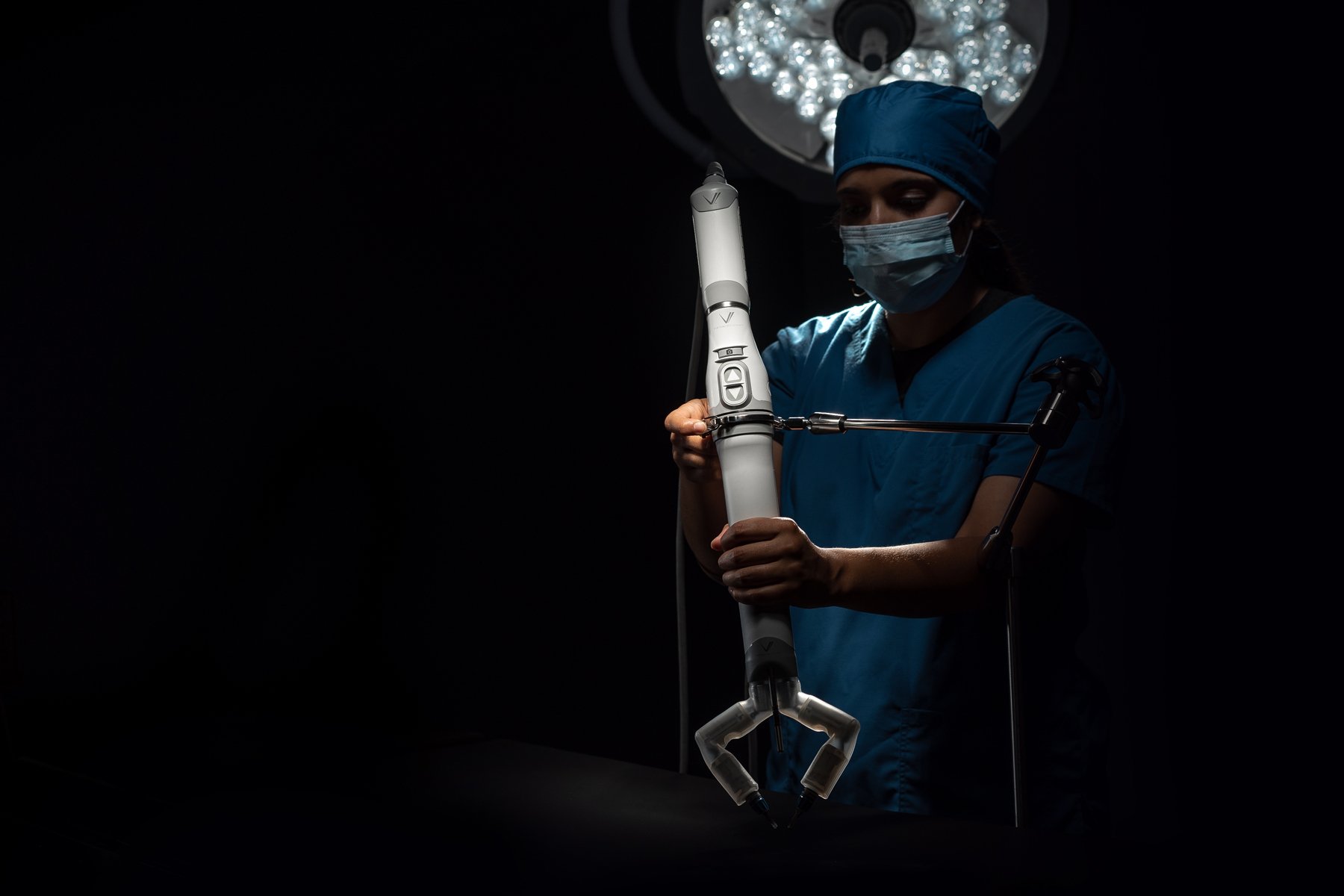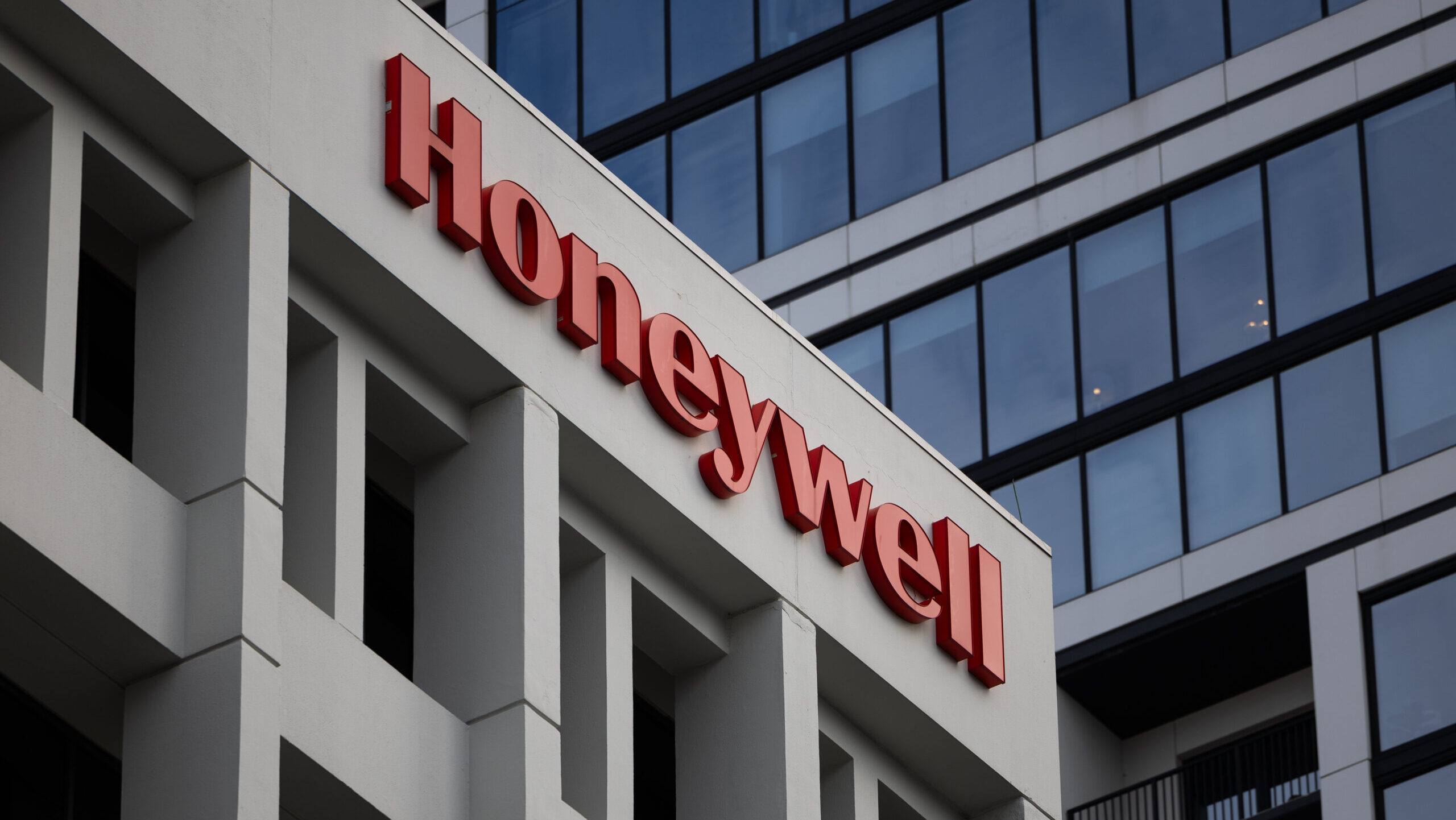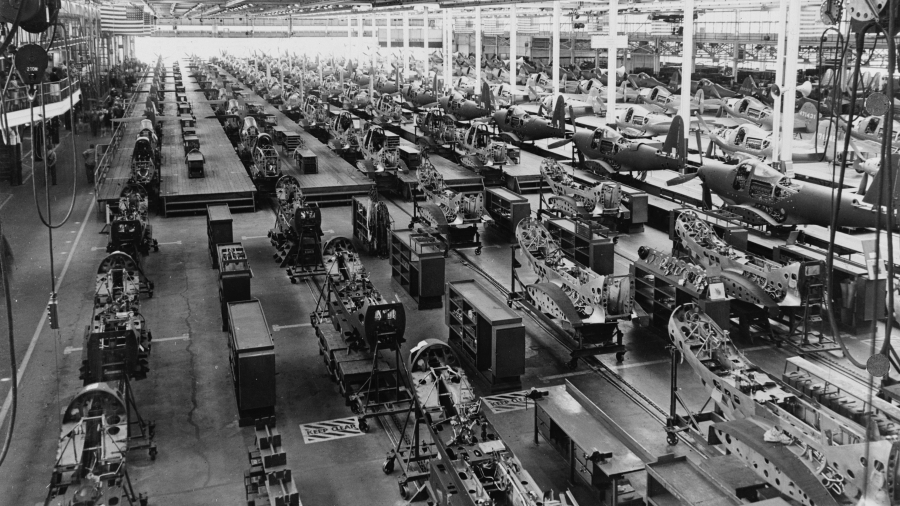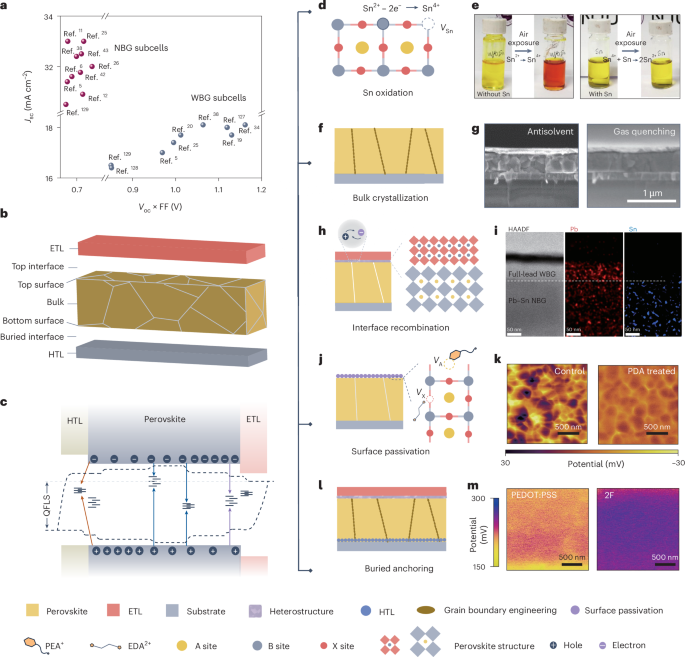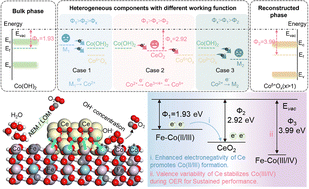Targeted Anti‐Inflammatory Nanozymes with Pro‐Angiogenic Activity for Myocardial Infarction Therapy
Advanced Healthcare Materials, EarlyView.

The biomimetic nanoparticle PNP@Nb2C-MSN actively targets the myocardial infarction (MI) site, scavenges reactive oxygen species (ROS), inhibits apoptosis and inflammation, and promotes angiogenesis and autophagy, offering a multimodal therapeutic strategy for MI treatment.
Abstract
Myocardial infarction (MI) poses a significant threat to human health. Current treatments emphasize early revascularization to restore blood supply to the myocardium, often overlooking the extensive oxidative damage and autophagy dysfunction resulting from reactive oxygen species (ROS) release after MI. Therefore, timely and effective interventions to clear ROS in the early stages of MI are crucial for inhibiting the MI pathological progression and restoring cardiac function. This study constructed a ROS-responsive biomimetic nanoparticle (PNP@Nb2C-MSN) by integrating niobium carbide MXenes (Nb2C) onto mesoporous silica nanoparticle (MSN) coated with platelet membrane. During the MI acute phase, these nanoparticles are targeted and delivered to the infarcted heart via intravenous injection. The MSN mesoporous structure enhances the ROS scavenging capacity of Nb2C, eliminating excess ROS in the infarct region and inhibiting the oxidative stress progression. Silicon ions released from MSN further promote angiogenesis within the infarct region. PNP@Nb2C-MSN reduces inflammation by downregulating the NF-κB pathway and enhances autophagy by activating the AMPK pathway, thereby blocking pathological microenvironmental progression after MI and improving cardiac function. In vitro and in vivo results highlight the therapeutic potential of PNP@Nb2C-MSN in MI, offering a promising MI treatment strategy.
























































